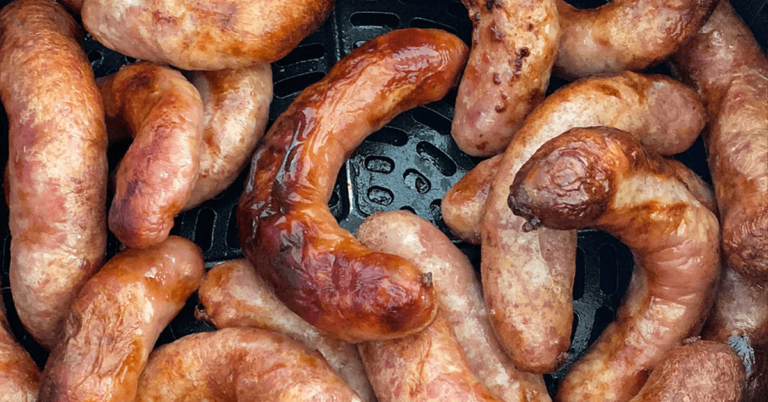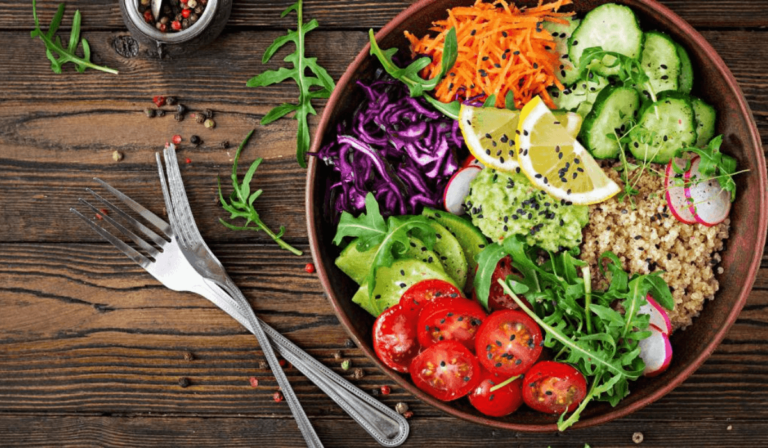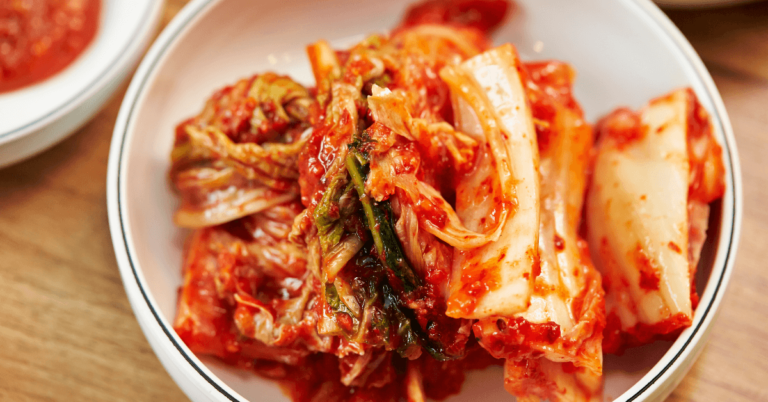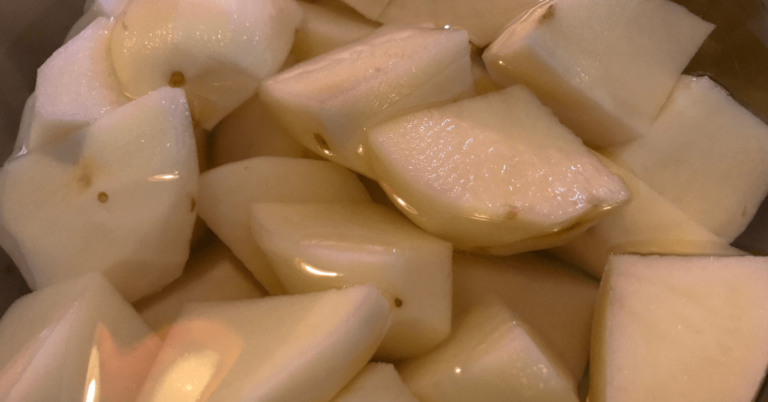Vegetarian Pasta Guide:
vegetarian pasta and tomato sauce, the vegetarian diet stands out for its remarkable benefits. It’s a lifestyle choice that’s gaining momentum globally, and for good reason. But, when it comes to pasta, a staple in many diets, do vegetarians have to miss out? Absolutely not! In fact, pasta can be a fantastic addition to a vegetarian diet. Let’s delve into why and how.
Why Is Pasta a Great Choice for Vegetarians?
Pasta, in its basic form, is a simple combination of flour and water. This simplicity makes it a versatile and widely accepted component in a vegetarian diet. But, what exactly makes pasta so fitting for those who follow a plant-based lifestyle?
Firstly, pasta is made from grain, which is a cornerstone of vegetarian nutrition. Grains are essential for their energy-providing carbohydrates, and pasta is no exception. It’s an energy-rich food that can keep you going throughout the day. Moreover, pasta’s ease of cooking and its ability to blend seamlessly with other vegetarian staples, like vegetables and legumes, make it a convenient and nutritious choice.
Can Vegetarians Eat Any Type of Pasta?
Now, this is a question that often pops up. The answer is, mostly, yes. The key ingredients in dried pasta are usually just wheat flour and water, making it a safe bet for vegetarians. However, fresh pasta often includes eggs. So, if you’re a vegetarian who avoids eggs, it’s crucial to check the ingredients list. And, of course, steer clear of pastas with animal-based ingredients like squid ink or meat-filled ravioli.
The Nutritional Aspect of Pasta in a Vegetarian Diet
Pasta isn’t just about carbs. It can also be a source of protein and fiber, especially if you choose the right type. Whole-wheat pasta, for instance, can offer about 3 grams of fiber and 8 grams of protein per serving. This is great news, as many people don’t consume enough fiber, which is vital for heart health and digestion. Even classic white flour pasta has a similar nutritional profile in terms of protein and fiber.
Conclusion
In conclusion, pasta is more than just a vegetarian-friendly food; it’s a nutritious and versatile option that fits perfectly into a plant-based diet. Its simplicity, combined with the nutritional benefits, makes it an ideal choice for vegetarians. So, next time you’re pondering over your meal options, remember that pasta can be a delicious and healthy part of your vegetarian lifestyle.
In the next part of our article, we’ll explore the different types of pasta that are suitable for vegetarians, diving into the nutritional aspects and how to make the best choices for your health and taste buds. Stay tuned!
Diving into Vegetarian Pasta Varieties: A Guide to Healthy Choices
Embarking on a vegetarian journey doesn’t mean waving goodbye to pasta. In fact, it’s quite the opposite. The world of pasta offers a variety of options that are not only vegetarian-friendly but also packed with nutrients. Let’s explore these varieties and understand why they’re a fantastic fit for a vegetarian diet.
A Look at Vegetarian-Friendly Pasta Types
As a vegetarian, you’ve got a whole array of pasta types to choose from. Here are some top picks:
- Whole-Wheat Pasta: This is a real nutritional champion. Made from the entire wheat kernel, it’s rich in fiber and protein. It’s perfect for keeping your digestive system happy and your energy levels steady.
- Chickpea Flour Pasta: A protein-packed alternative, ideal for vegetarians looking to up their protein intake. With around 14 grams of protein per serving, it’s not just nutritious but also keeps you feeling full longer.
- Red Lentil Flour Pasta: Another protein-rich option, offering about 14 grams of protein per serving. Plus, it’s a great source of iron – a must-have mineral for vegetarians.
Why Choose These Pastas?
The answer is simple: nutrition. Whole grains, like in whole-wheat pasta, are linked to numerous health benefits, including reducing the risk of chronic diseases. And for vegetarians, getting enough protein can sometimes be a challenge – this is where chickpea and red lentil pasta come in handy.
But, Do They Taste Good?
Yes, they do! These pastas might taste a bit different from your regular pasta, but they’re delicious in their own unique way. The trick is to pair them with the right sauces and ingredients that enhance their flavors.
Conclusion
In summary, the pasta world is full of nutritious, vegetarian-friendly options. From whole-wheat to chickpea and red lentil pasta, these varieties not only cater to your dietary needs but also promise a delightful culinary experience. In the next part of our series, we’ll dive into the best vegetarian pasta dishes, showing you how to turn these pastas into mouth-watering meals. Stay tuned!
Vegetarian Pasta Delights: Easy, Tasty, and Nutritious
Embracing a vegetarian lifestyle doesn’t mean giving up on delicious pasta dishes. In fact, the world of vegetarian pasta is rich with flavors and textures that can satisfy any palate. Let’s dive into some easy and delightful vegetarian pasta dishes that are sure to become your new favorites.
Top Vegetarian Pasta Dishes to Try
- Pasta Primavera: This vibrant dish is a celebration of vegetables. Mix your favorite pasta with a rainbow of veggies like bell peppers, carrots, and peas, and toss in a light garlic and olive oil sauce. It’s simple, fresh, and full of flavor.
- Cheese Ravioli or Tortellini: These little pockets of joy, filled with cheese or vegetables, are a treat in every bite. Serve them with a classic tomato sauce or a creamy Alfredo for a comforting meal.
- Classic Pasta with Tomato Sauce: You can never go wrong with this timeless dish. A rich, homemade tomato sauce over your preferred pasta, garnished with fresh basil and a sprinkle of cheese, is a testament to the power of simplicity in cooking.
Tips for Homemade Vegetarian Pasta Dishes
- Vegetable Variations: Feel free to experiment with different vegetables in your pasta. Broccoli, asparagus, and cherry tomatoes are also great additions.
- Boosting Protein: Add beans, chickpeas, or tofu to your pasta for a protein-rich meal. These ingredients not only add substance but also absorb flavors beautifully.
- Herbs for Flavor: Fresh herbs like basil, parsley, or rosemary can transform your dish. They add a fresh and aromatic touch that elevates the overall taste.
Adapting Traditional Pasta Dishes
Many classic pasta dishes can be easily modified for a vegetarian diet. For instance, replace the meat in spaghetti bolognese with mushrooms or a plant-based meat alternative for a similar texture and richness.

Conclusion
Vegetarian pasta dishes are a fantastic way to enjoy a variety of flavors and nutrients without compromising on taste. They are easy to prepare, versatile, and can be tailored to suit any preference. In the next part of our series, we’ll explore the role of tomato sauce in vegetarian pasta dishes and how to make the best out of it. Stay tuned!
The Versatility of Tomato Sauce in Vegetarian Pasta
Tomato sauce is a staple in many kitchens, especially for pasta lovers. Its versatility and rich flavor make it a favorite among vegetarians and non-vegetarians alike. But what makes tomato sauce so special in a vegetarian diet, and how can you make the most of it in your pasta dishes? Let’s find out.
Tomato Sauce: A Vegetarian’s Best Friend
Tomato sauce is inherently vegetarian, making it a perfect match for various pasta dishes. It’s not just about the taste; tomato sauce is also packed with nutrients. Tomatoes are a great source of vitamins C and K, potassium, and folate. They also contain antioxidants like lycopene, which is known for its health benefits.
Choosing the Right Tomato Sauce
When it comes to selecting a tomato sauce, vegetarians should be mindful of a few things:
- Ingredients: Always check the label. Some sauces might contain added sugars or preservatives, which you might want to avoid. For a healthier option, look for sauces with simple, whole ingredients.
- Homemade vs. Store-Bought: While store-bought sauces are convenient, making your sauce at home can be a healthier and more flavorful option. You can control the ingredients and adjust the flavors to your liking.
Nutritional Benefits of Tomato Sauce in a Vegetarian Diet
Incorporating tomato sauce into your diet can have several benefits:
- Rich in Vitamins and Minerals: Tomato sauce is a good source of essential nutrients, which are vital in a vegetarian diet.
- Antioxidant Properties: The antioxidants in tomatoes, like lycopene, are beneficial for heart health and may reduce the risk of certain diseases.
Making the Most of Tomato Sauce in Pasta Dishes
Tomato sauce can be the star of many vegetarian pasta dishes. Here are some ideas:
- Spaghetti with Marinara Sauce: A classic dish that’s both simple and delicious. You can add vegetables like bell peppers or mushrooms for extra nutrition and flavor.
- Pasta Bake with Tomato Sauce: Layer your favorite pasta with tomato sauce, cheese, and vegetables, and bake until bubbly and golden.
- Ratatouille with Pasta: Combine tomato sauce with eggplant, zucchini, and bell peppers for a hearty and healthy pasta dish.
Conclusion
Tomato sauce is more than just a condiment; it’s a nutritious and flavorful base for countless vegetarian pasta dishes. Its versatility allows for endless culinary creativity, making it a must-have in any vegetarian kitchen. In the next part of our series, we’ll explore how to enhance the protein content in vegetarian pasta dishes, ensuring a balanced and nutritious meal. Stay tuned!
Boosting Protein in Vegetarian Pasta Dishes
For vegetarians, getting enough protein can sometimes be a challenge. Pasta, while a versatile and delicious component of a vegetarian diet, typically isn’t high in protein. However, with a few creative twists, you can transform your pasta dishes into protein-rich meals. Let’s explore how to enhance the protein content in your vegetarian pasta dishes.
The Importance of Protein in a Vegetarian Diet
Protein is a crucial nutrient that plays a key role in building and repairing tissues, making enzymes and hormones, and supporting overall health. For vegetarians, who don’t consume meat, finding alternative protein sources is essential.
High-Protein Pasta Options
- Legume-Based Pasta: Options like chickpea, lentil, or black bean pasta are not only high in protein but also fiber. They can offer as much as 20-25 grams of protein per serving.
- Whole-Wheat Pasta: While not as high in protein as legume-based options, whole-wheat pasta is a better choice than regular pasta, offering around 7-9 grams of protein per serving.
Adding Protein-Rich Foods to Pasta Dishes
- Legumes and Beans: Chickpeas, black beans, and lentils can be great additions to pasta dishes. They blend well with various sauces and add a nice texture.
- Tofu or Tempeh: These soy-based products are excellent protein sources. They can be marinated and added to pasta dishes for an extra protein kick.
- Nuts and Seeds: Sprinkle almonds, pine nuts, or pumpkin seeds on your pasta for a crunchy, protein-rich addition.
Balancing Flavor and Nutrition
While focusing on protein, don’t forget about flavor. Use herbs, spices, and quality ingredients to ensure your pasta dishes are as tasty as they are nutritious.
Conclusion
Incorporating more protein into your vegetarian pasta dishes is easier than you might think. With high-protein pasta options and a variety of protein-rich toppings, you can create balanced, nutritious, and delicious meals. In the next part of our series, we’ll look at where to shop for vegetarian pasta and tomato sauce, and how to choose the best products. Stay tuned!
Smart Shopping for Vegetarian Pasta and Tomato Sauce
Navigating the grocery aisles as a vegetarian doesn’t have to be a challenge, especially when it comes to pasta and tomato sauce. With a few simple tips, you can easily find products that fit your vegetarian lifestyle and are delicious and nutritious. Let’s break down how to shop smart for these staples.
Where to Buy Vegetarian Pasta and Tomato Sauce
- Local Grocery Stores: They usually have a variety of pasta and tomato sauce options. Keep an eye out for health food or international sections for more unique finds.
- Health Food Stores: These are great for finding organic and specialty vegetarian pasta, like those made from legumes or whole grains.
- Online Retailers: For a wider selection and convenience, online stores can be a go-to. They often offer specialty items and bulk purchases.
Tips for Choosing the Right Products
- Read the Labels: This is key. For pasta, avoid those with eggs if you’re a strict vegetarian. For sauces, watch out for hidden meat-based ingredients.
- Simple Ingredients are Best: Choose pasta and sauces with straightforward, wholesome ingredients. Avoid long lists of additives.
- Nutritional Value Matters: For pasta, check the protein and fiber content. For sauces, look at sugar and sodium levels.
Online Shopping for Variety
Online shopping can open up a world of options. Websites like Amazon or specialty vegan and vegetarian shops offer a diverse range of pasta, including healthier alternatives.
Understanding Food Labels
- Pasta: Look for primary ingredients like durum wheat semolina or whole grains.
- Tomato Sauce: Tomatoes should be the first ingredient, followed by natural seasonings.
Conclusion
Finding the right vegetarian pasta and tomato sauce is easy with these tips. Whether you’re shopping in-store or online, knowing what to look for makes all the difference. In our next section, we’ll tackle some frequently asked questions to help you further navigate your vegetarian pasta choices. Stay tuned!
Navigating Vegetarian Pasta and Tomato Sauce: Your Questions Answered
Embracing a vegetarian diet often brings up questions, especially when it comes to everyday staples like pasta and tomato sauce. Let’s clear up some common queries to help you enjoy your vegetarian meals with confidence.
Can Vegetarians Eat Egg-Based Pasta?
- Short Answer: It depends on your vegetarian type. Lacto-ovo vegetarians (who eat eggs and dairy) can, but vegans and some other vegetarians should choose egg-free pasta.
Are All Tomato Sauces Vegetarian?
- Quick Tip: Most are, but some might have meat flavors or stocks. Always read the label to be sure.
How Can I Be Sure My Pasta is Vegetarian?
- Simple Check: Look at the ingredients list. Vegetarian pasta usually has wheat, rice, or legumes and doesn’t include eggs or meat products.
Tips for Switching to Vegetarian Pasta Dishes
- Easy Start: Experiment with different pasta types like whole wheat or legume-based. Try various sauces and toppings, and consider plant-based meat substitutes for added texture.
Conclusion
Choosing vegetarian pasta and tomato sauce is straightforward with a bit of knowledge. By understanding what to look for and experimenting with different options, you can create enjoyable, vegetarian-friendly meals. This guide aims to simplify your vegetarian journey, making it both delicious and fulfilling.






